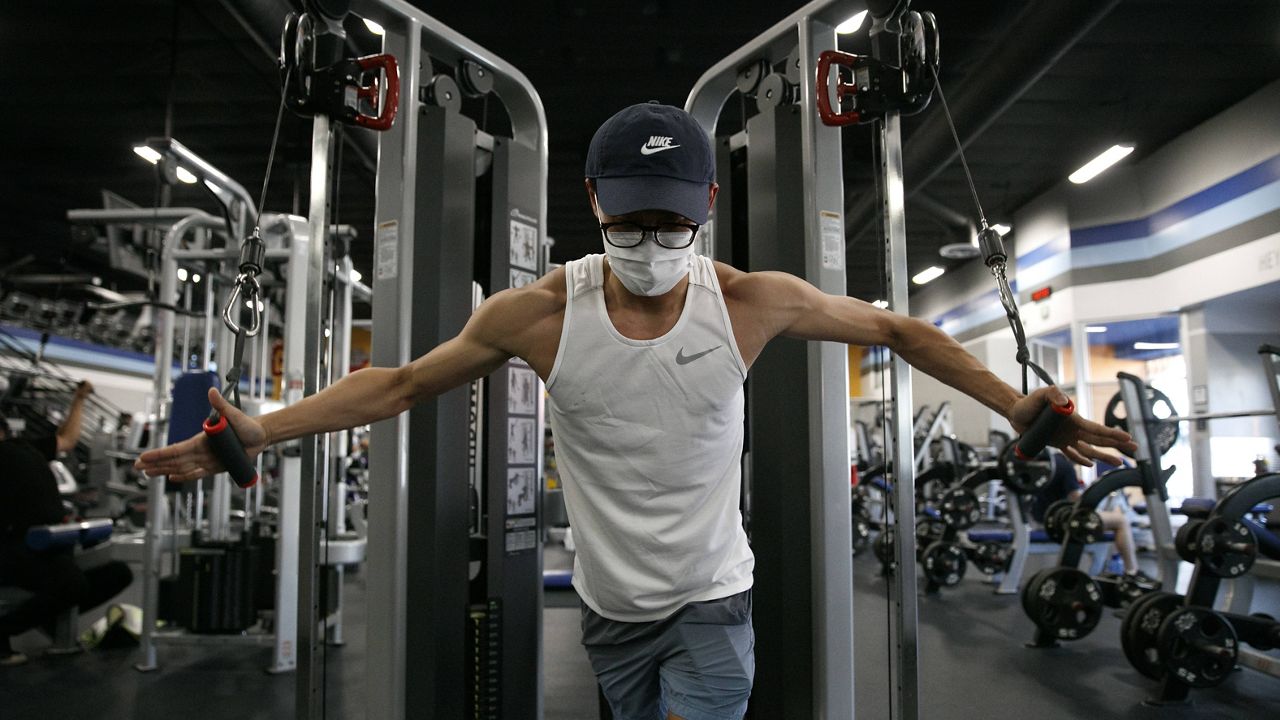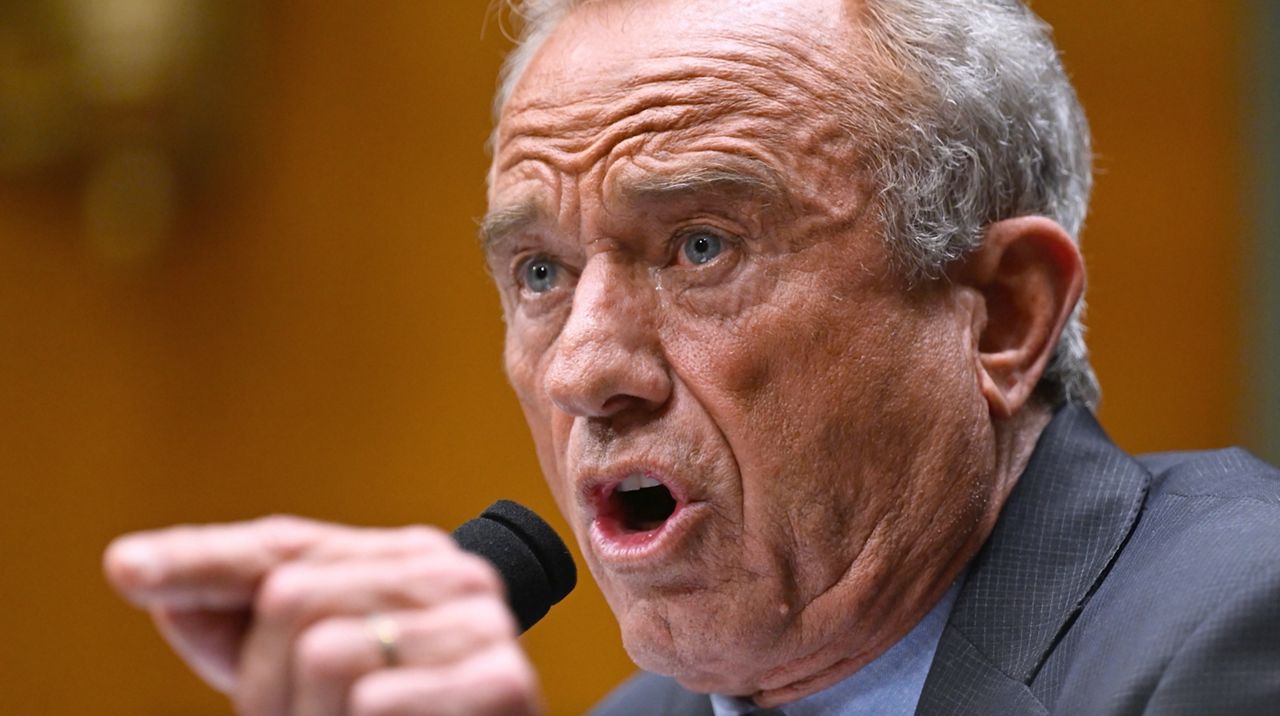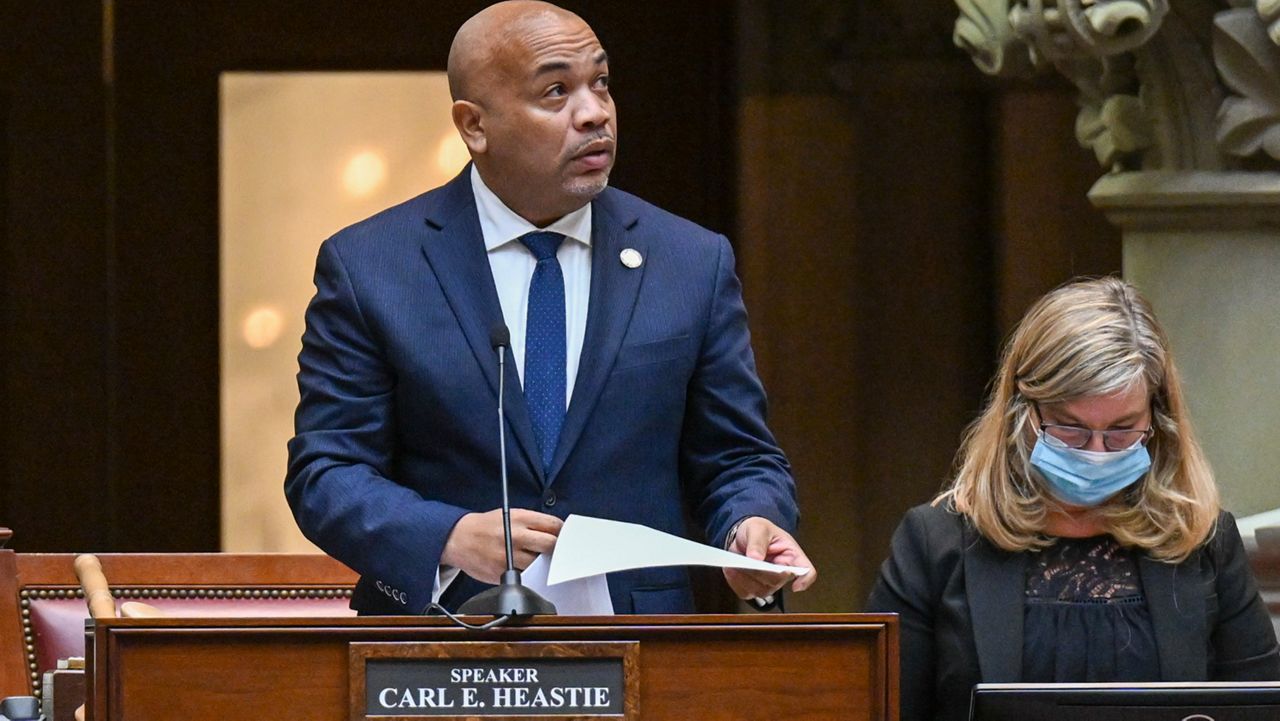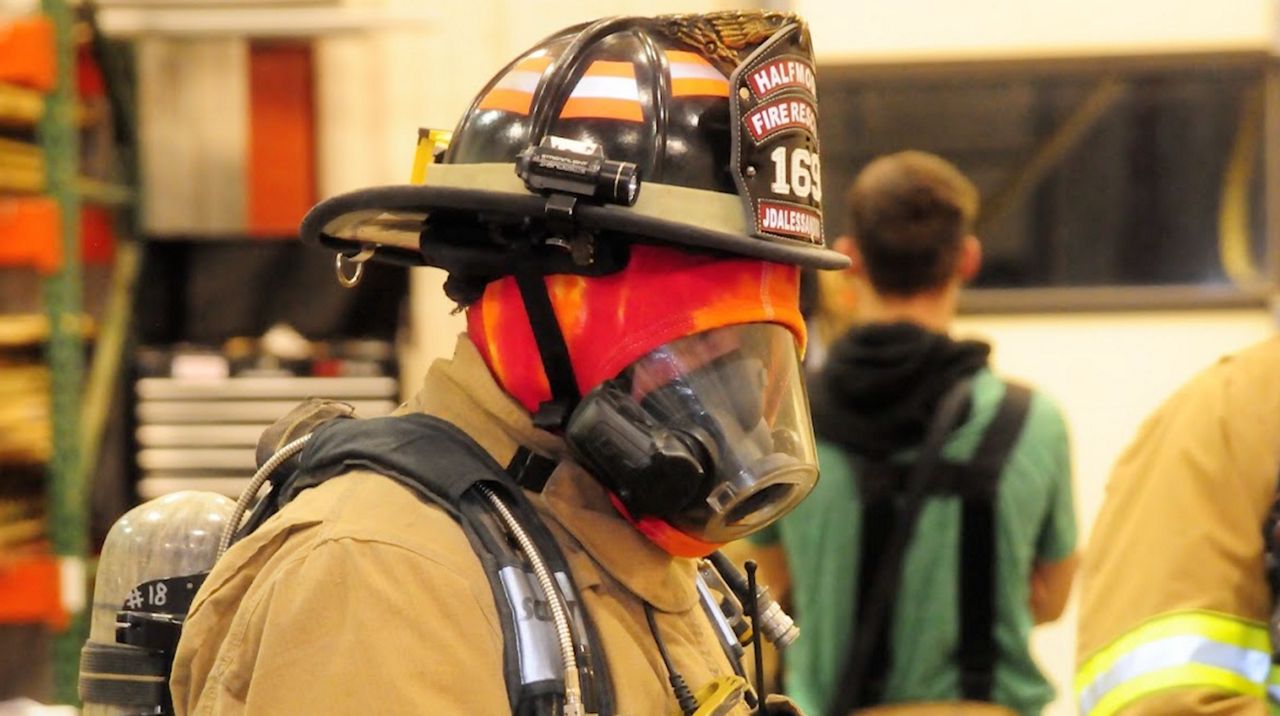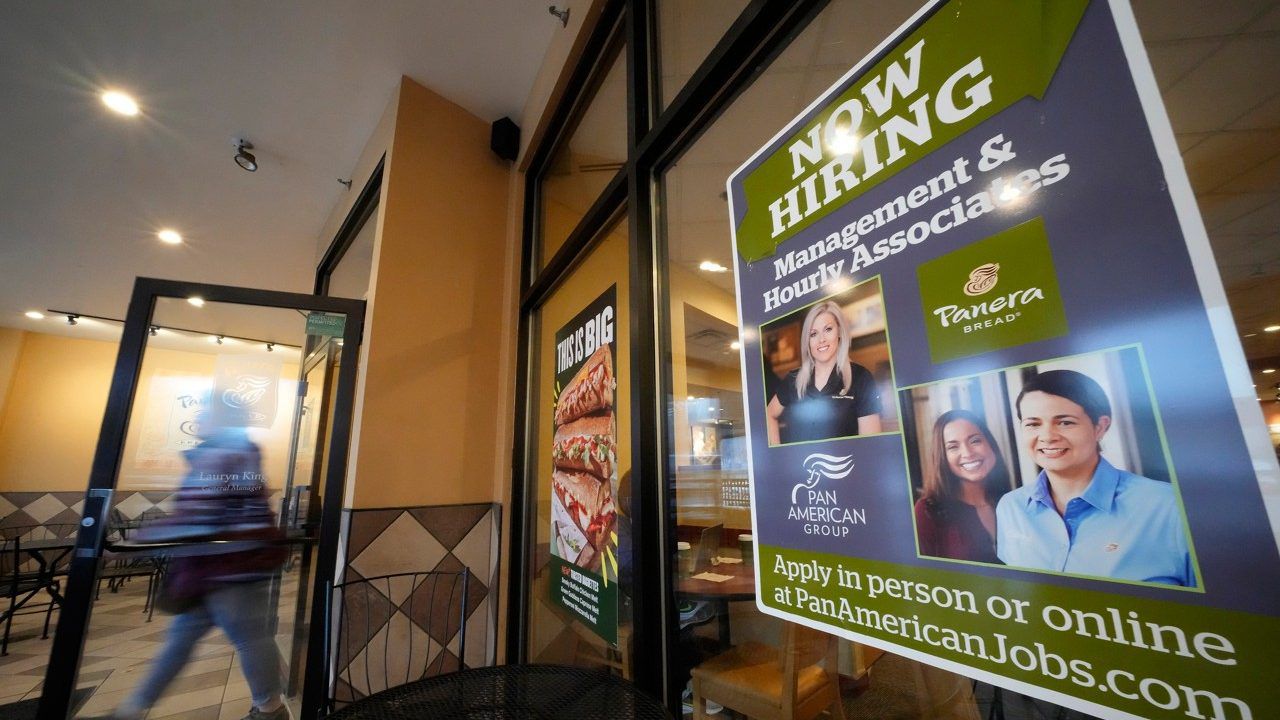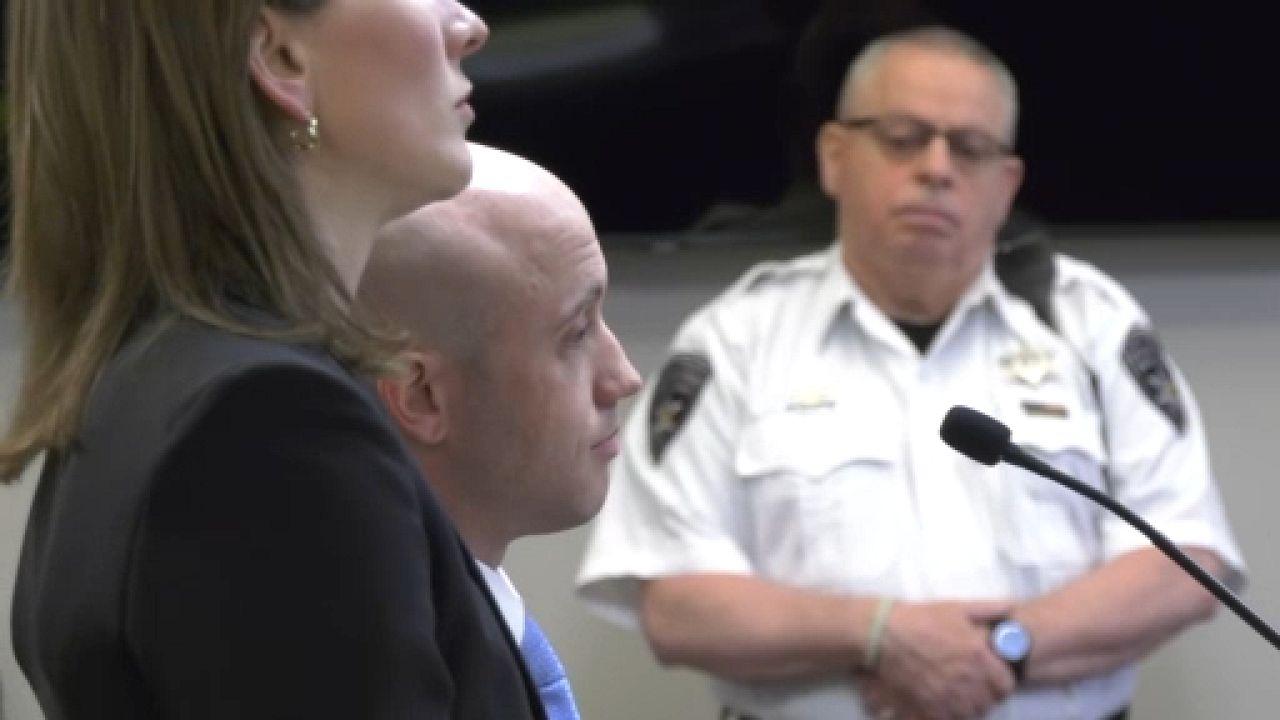Contracts for services like gyms and fitness clubs that can be difficult to cancel could be a little easier under a measure approved this week by Governor Andrew Cuomo.
The law, backed by Senator Brad Hoylman and Assemblyman Jeff Dinowitz, requires businesses to make automatic renewal or continuous service offers to clearly provide the terms of agreement to consumers. The businesses would be prevent from charging consumers without their consent.
“Consumers have long maligned the onerous and occasionally impossible processes that are required to stop sending their hard-earned money to businesses like gyms or bait-and-switch scams," Dinowitz said. "This new law will add a layer of protection for consumers and will force an end to these predatory business practices."
And the law requires that consumers are able to end the contract online if that is how they originally signed up. And all businesses must have a mechanism for cancellation, such as a toll free number or email address.
Free giveaways offered upon singing up are considered to be unconditional gifts with no obligation to return them unless specifically included in the contract.
The measure was pushed after consumers discovered the difficulty of ending gym memberships, which in many instances require an in-person appearance or certification letter to end the contract, even if they originally signed up over the internet.
Gyms closed during the first months of the coronavirus pandemic; Cuomo announced on Wednesday gyms would be required to close at 10 p.m. starting Friday in order to limit a resurgence of the virus in New York.
California, Oregon, and Virginia have similar laws surrounding automatic renewal and continuous service in place.
"Exercising during this pandemic is hard enough – New Yorkers shouldn’t have to jump through hoops or visit a gym in person simply to quit their membership," Hoylman said.
"Too many gyms, subscription boxes, and other companies use misleading offers and promotions to lock unwitting customers into long-term contracts that are ridiculously difficult to get out of. This has been an issue for years, but during the pandemic, it poses a unique and severe risk to immunocompromised and elderly New Yorkers who should not have to risk their health to cancel memberships they no longer can use."




